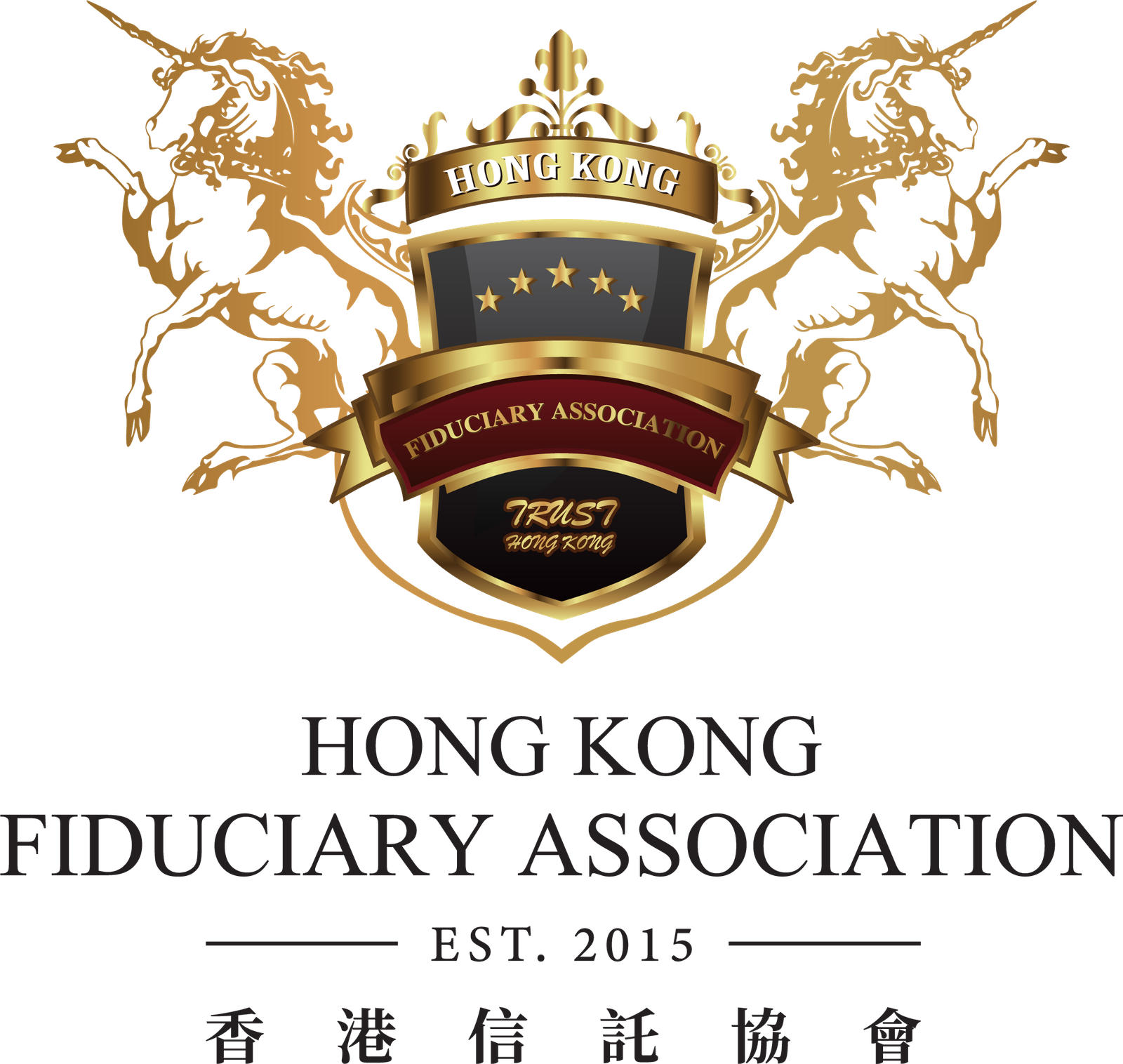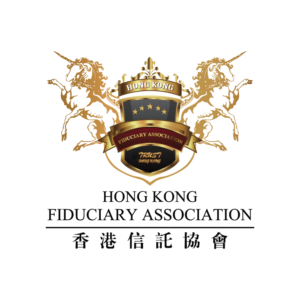The Cross-Border Puzzle
Modern families rarely hold wealth in a single jurisdiction. Property may be in London, businesses in Dubai, and investments in Hong Kong. Each country enforces its own probate, disclosure, and inheritance rules. The result is duplication. Families face the same processes repeated across systems, each adding cost and delay.
For heirs, this duplication becomes more than a nuisance. It means years of legal battles, uncertainty, and costs across multiple jurisdictions. The Hong Kong trust cross-border wealth framework provides a way to reduce these risks by unifying asset management under a structure recognised internationally.
The Cost of Duplication
Duplication drains resources. A family can pay three sets of lawyers to resolve one succession. Probate for the same estate may be required in two or more countries simultaneously. Reporting obligations are repeated even when assets are already disclosed elsewhere.
This duplication increases risk. One court may approve a will, while another rejects it. One country may enforce forced heirship rules, while another allows free distribution. Families are forced to reconcile rulings that do not align. The outcome is delay, cost, and disputes.
Cross-Border Challenges in Practice
Consider an entrepreneur in Dubai with property in Europe and investment accounts in Asia. Upon death, European courts demand probate, Asian regulators impose reporting, and Dubai inheritance laws apply additional rules. Each process begins separately, requiring different lawyers, documents, and timelines.
These are not theoretical issues. They are common challenges that high-net-worth families face. Without a unifying structure, heirs inherit more than assets. They inherit lawsuits, contradictions, and delays across borders.
Why Neutral Structures Matter
Neutrality provides certainty. A framework recognised across jurisdictions removes duplication by replacing fragmented processes with one enforceable deed. The Hong Kong trust cross-border wealth framework is built on common law, making it familiar to banks, courts, and regulators worldwide.
Instead of bending to each conflicting rule, a Hong Kong trust provides a single set of instructions that carry weight internationally. Neutrality here means heirs follow one framework, not three.
How Hong Kong Trusts Simplify Cross-Border Wealth
A Hong Kong trust consolidates assets into a single structure. This removes the need for separate wills in each country and reduces the chance of conflicting court rulings. Probate is bypassed, forced heirship rules are neutralised, and reporting is streamlined.
Trusts also ensure continuity. Investments continue operating, businesses are managed, and heirs receive distributions without interruption. Instead of dealing with fragmented court systems, families rely on the trustee to follow a deed enforceable across multiple borders.
Beyond Duplication: Delivering Wealth as Intended
The real risk in international succession is not just cost. It is the possibility that heirs inherit disputes instead of assets. Duplication across jurisdictions turns one estate into three legal battles. Conflict delays distributions, damages businesses, and strains family relationships.
The Hong Kong trust cross-border wealth approach reduces duplication, avoids conflict, and ensures assets transfer according to plan. Families secure not just money but the continuity of businesses, investments, and relationships.

 Chinese (Simplified)
Chinese (Simplified)




